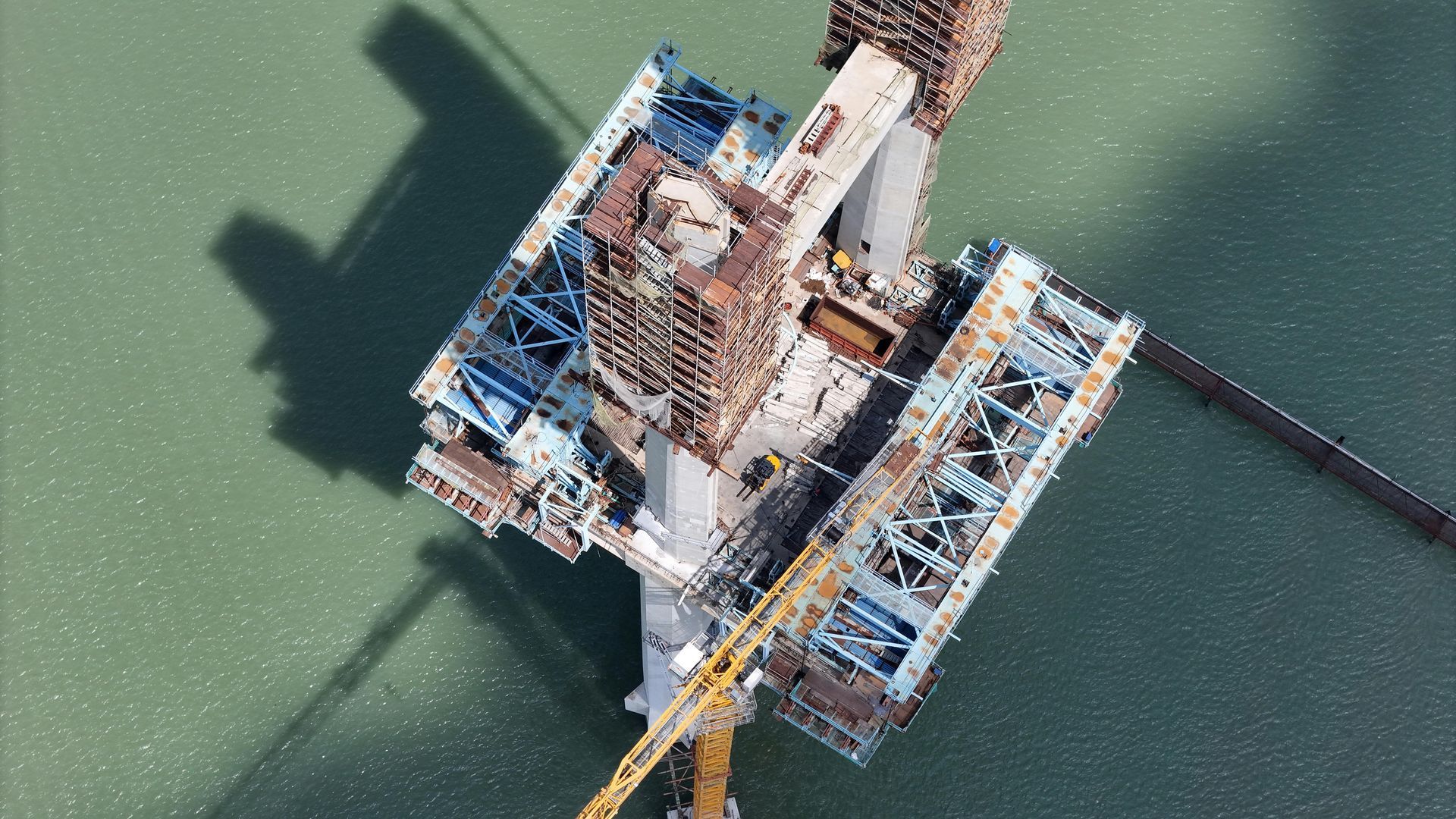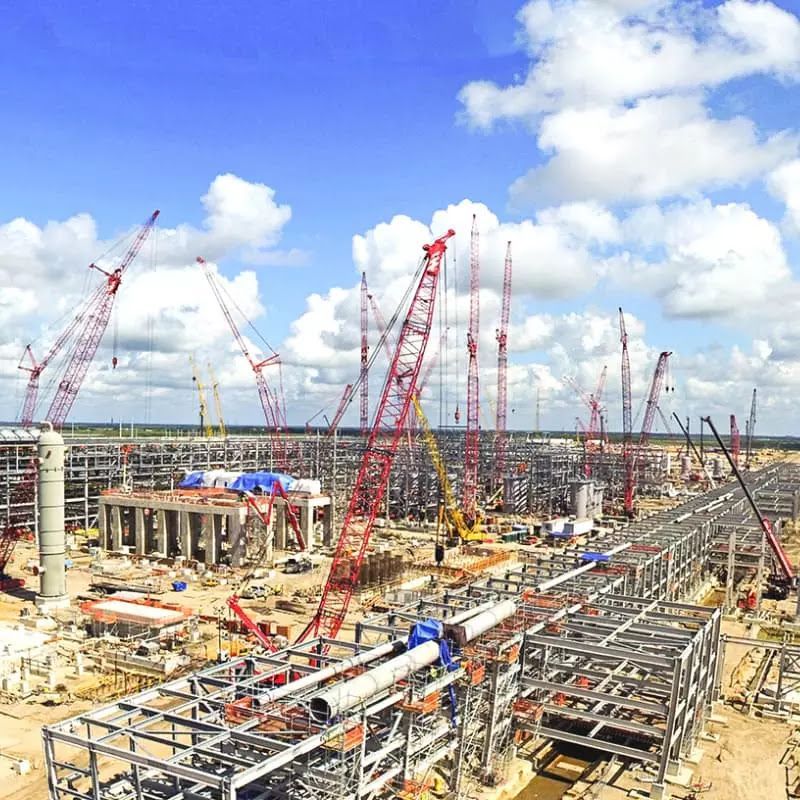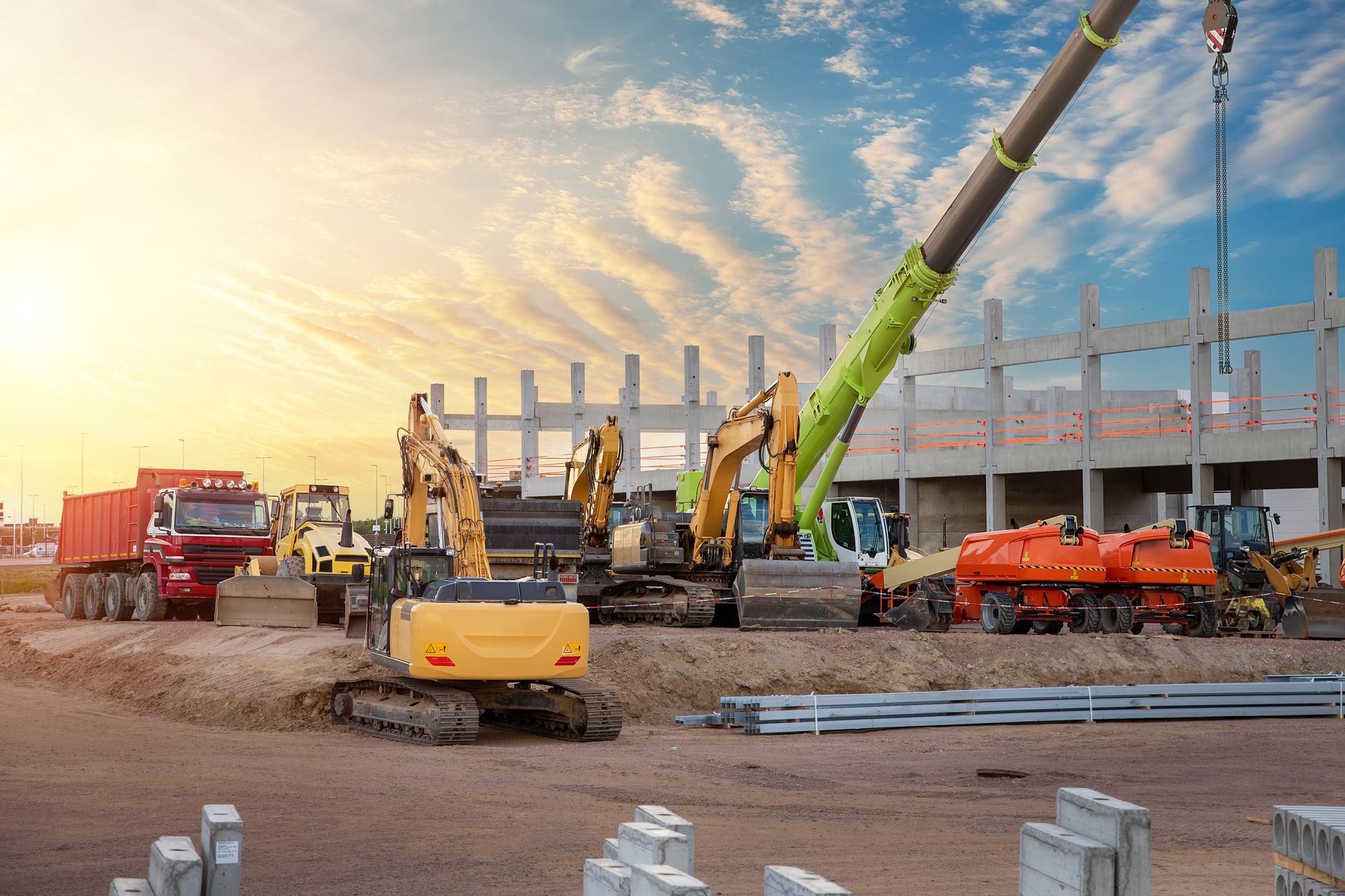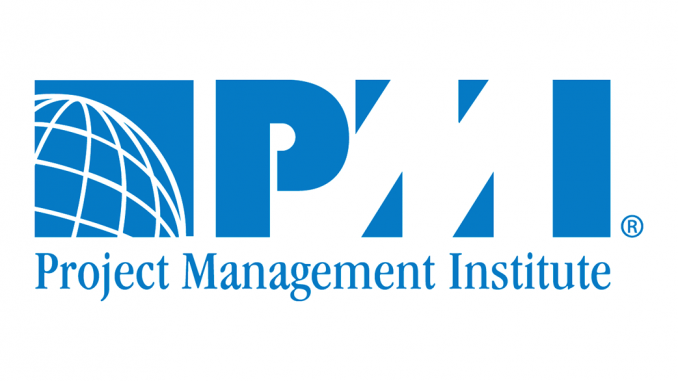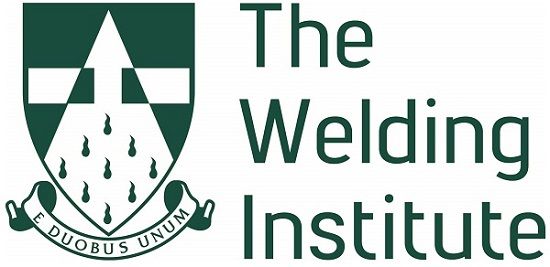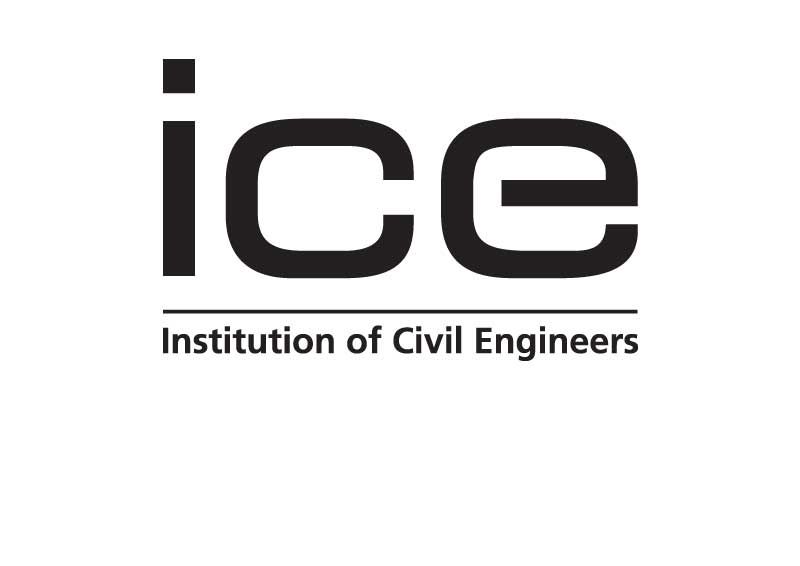3 November 2025
The Crucial Role of Forensic Engineering in Preventing Construction Disputes
The construction industry operates within a high-risk environment, where tight deadlines, complex designs, and multiple stakeholders intersect. With so many moving parts, even minor errors in design, materials, or execution can lead to significant consequences — from project delays and cost overruns to full-scale disputes.
While many see disputes as an unavoidable part of the construction process, forensic engineering provides a powerful way to prevent them. By combining technical expertise with investigative precision, forensic engineers can identify, analyse, and mitigate risks before they evolve into costly conflicts. Their role is not limited to post-failure analysis; it’s about ensuring that failures are prevented in the first place.
What Is Forensic Engineering?
Forensic engineering involves the systematic investigation of materials, structures, products, or components that fail to perform as intended. Traditionally, the discipline was applied after incidents occurred — for example, determining why a structure collapsed or why a system malfunctioned.
However, in modern construction, forensic engineering has evolved into a preventive discipline. It is increasingly used in the early stages of design and construction to anticipate vulnerabilities, verify compliance with design intent, and ensure adherence to industry standards.
A forensic engineer combines scientific methods, engineering principles, and real-world construction knowledge to deliver insights that help stakeholders make informed decisions. Whether evaluating the adequacy of foundations, the integrity of materials, or the accuracy of scheduling and sequencing, these professionals play a vital role in safeguarding the quality and reliability of every project stage.
How Forensic Engineering Prevents Construction Disputes
Most disputes in construction arise from uncertainty — uncertainty about what went wrong, who is responsible, and how to fix it. Forensic engineers eliminate that uncertainty through objective analysis and technical clarity. Below are several key ways their involvement helps prevent disputes before they begin.
1. Identifying Design and Construction Errors Early
Before any work begins on-site, forensic engineers can perform technical audits and peer reviews of design documents, calculations, and specifications. These evaluations often uncover inconsistencies or omissions that could lead to structural or functional issues later in the project.
For instance, identifying a miscalculated load-bearing element or a material specification mismatch early on allows for timely corrective measures, preventing potential failures. This proactive approach not only enhances safety but also eliminates one of the most common sources of legal and contractual conflict — design error.
2. Enhancing Communication Between Stakeholders
Construction projects typically involve contractors, designers, project managers, consultants, and clients — each with different priorities and areas of expertise. Miscommunication between these parties is a leading cause of disputes.
By providing clear, evidence-based technical reports, forensic engineers act as impartial intermediaries. Their findings are grounded in data and facts rather than opinion, creating a shared understanding of potential risks, responsibilities, and mitigation strategies. This fosters collaboration and ensures that all parties remain aligned throughout the project lifecycle.
3. Supporting Robust Documentation and Evidence
A well-documented project is a defensible project. Forensic engineers maintain comprehensive records — from site observations and testing results to material performance data and failure analyses.
In the event that an issue does arise, this documentation serves as verifiable evidence of due diligence and compliance. It provides clarity to legal teams, insurers, and clients, helping disputes to be resolved quickly and fairly, often without formal proceedings. This structured, data-driven approach also strengthens a company’s internal quality assurance processes.
4. Informing Future Project Design and Policy
The insights gained from forensic engineering investigations are not limited to a single project. They contribute to continuous improvement across the industry, influencing best practices, safety regulations, and engineering standards.
By studying previous failures, engineers can identify systemic weaknesses — whether in design methodologies, materials, or management practices — and implement strategies to avoid similar outcomes in future projects. This cycle of learning builds resilience, enhances efficiency, and reinforces a culture of accountability and technical excellence.
The Commercial Benefits of Forensic Engineering
Integrating forensic engineering into a project’s lifecycle delivers tangible financial and reputational advantages. Early detection of potential problems prevents costly rework, while reducing the likelihood of delay claims and disputes improves overall project profitability.
For developers, this means projects that are more likely to be delivered on time, within budget, and to specification. For contractors, it reduces exposure to claims and improves relationships with clients and stakeholders. For insurers, it ensures that risks are properly understood and mitigated before underwriting.
Moreover, the impartial and evidence-based insights provided by forensic engineers contribute to greater transparency and trust across all project participants. In a sector where reputation and reliability are paramount, that transparency becomes a competitive advantage.
When Disputes Do Arise
Even with strong preventive measures, not every dispute can be avoided. Complex projects often face unpredictable variables — from supply chain challenges to unforeseen ground conditions. When issues do occur, forensic engineers provide essential expert witness support to help resolve them effectively.
They reconstruct the sequence of events, analyse technical data, and determine the true cause of failure or delay. Their conclusions, presented in a structured and legally robust manner, assist courts, tribunals, and arbitration panels in reaching fair and evidence-based outcomes.
DAC Consulting Services’ forensic engineers regularly collaborate with construction expert witnesses and quantum analysts to deliver multidisciplinary insights that address both the technical and commercial dimensions of a dispute.
Conclusion
Forensic engineering is no longer confined to post-incident investigations — it is a vital preventive strategy for the modern construction industry. By combining technical precision with investigative expertise, forensic engineers provide clarity, reduce risk, and strengthen project outcomes.
Incorporating forensic engineering from the earliest stages of a project builds a foundation of accountability and quality that minimises the potential for disputes, safeguards investments, and promotes long-term project success.

Come work with Us!
If you cannot carry out new cases in your current firms due to conflicts of interest, come work with us!
- Modern case management platforms
- Unrivalled team and admin support
- Clear and concise quality management systems
- Exceptional reputation
- Capacity to GROW
- Remote working
DAC is the future of working as an Expert Witness.












